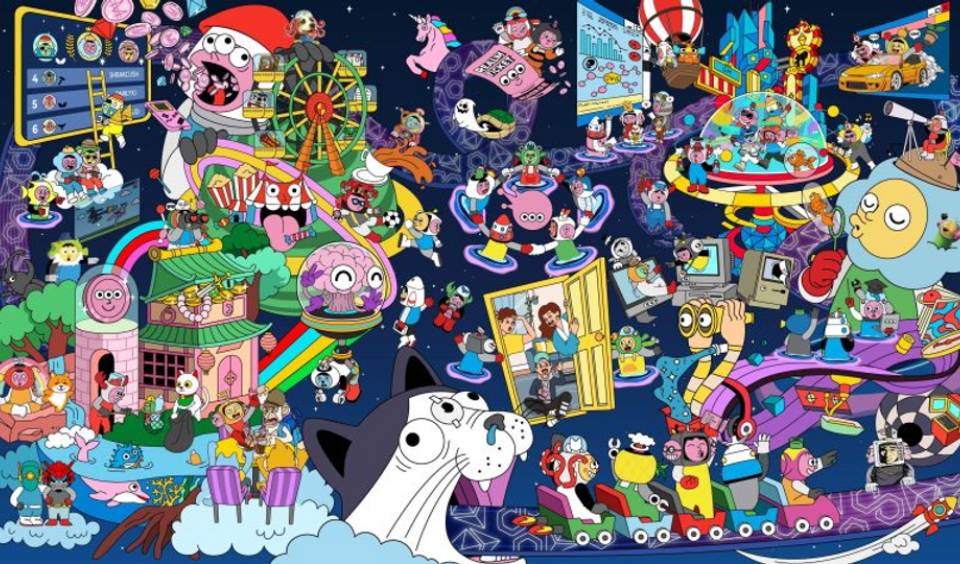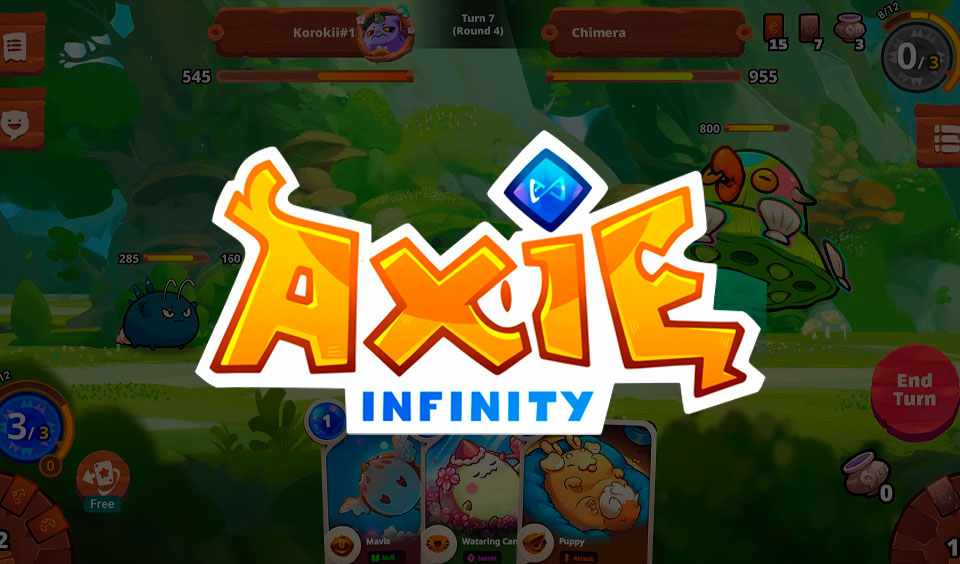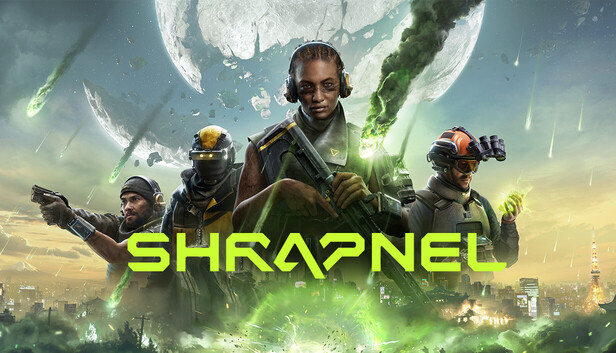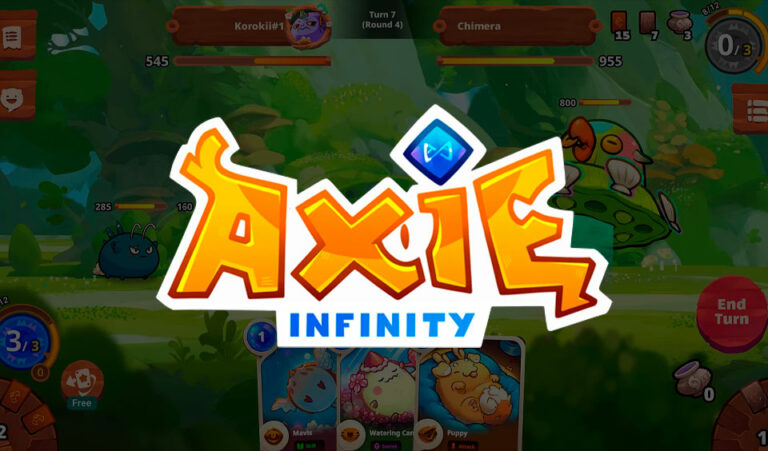TL;DR
- Tokens represent a new way to own an asset linked to network effects.
- Mocaverse integrates various sectors into a cohesive ecosystem with the MOCA token as its engine.
- Mocaverse’s focus is on investing in cultural capital and creating loyalty within its network.
Currently, tokens have become fundamental tools not only for fundraising but also as utility constructs in games and virtual environments.
However, their true potential lies in representing a new way to own an asset linked to network effects.
Tokens enable, for the first time, granting their holders ownership of a part of the network, incentivizing creation and experimentation due to their multifaceted and mostly permissionless nature.
Network effects are a crucial concept that explains how the value of a product, service, or platform increases as more people use it.
This phenomenon is key to understanding the valuation of technology giants and luxury brands.
In the context of Web3, these effects are measured through the number of wallets, transactions, and developers.
Metcalfe’s Law suggests that the value of a network is proportional to the square of the number of connected users, although some argue that Reed’s Law, which considers exponential growth of utility through subgroups of participants, may be more applicable.
In this framework, tokens represent network effects within a Web3 ecosystem, providing ownership that goes beyond traditional equity instruments.
Participating in Web3 through true token ownership means owning parts of these network effects, something that was not possible in previous iterations of the web.
Not all networks are equal.
The value of users within a network is fundamental.
For example, although North Korea has a larger population than Hong Kong, its economic value is significantly lower due to the quality and value of nodes (people and businesses) in the network.
The same applies in Web3, where networks with greater potential attract more investment, developers, and activity.
Animoca Brands, one of the largest investors in the Web3 industry with over 450 companies in its portfolio, has launched Mocaverse, an interoperable infrastructure aiming to maximize network effects.
Mocaverse integrates various sectors such as gaming, music, and sports into a cohesive ecosystem driven by the MOCA token and the omnichain identity system Moca ID.
This network not only seeks economic growth but also investment in cultural capital, a crucial factor in creating loyalty and retention in a decentralized internet environment.

The Importance of Cultural Capital and NFTs in Mocaverse
According to Pierre Bourdieu’s theory of cultural capital, intangible resources such as knowledge and skills significantly impact social mobility.
In the digital world, non-fungible tokens (NFTs) have begun to create deeper and more complex network effects, similar to those observed in luxury brands like Hermès or Apple.
NFT projects, such as Pudgy Penguins and Bored Ape Yacht Club, already demonstrate this ability to generate loyalty and cultural value.
Mocaverse is based on this idea of cultural capital, using NFTs to create a more loyal and robust network.
The MOCA token and the Moca ID reputation system reward user participation and loyalty, fostering a committed and valuable community.
By integrating various sectors and promoting investment in both economic and cultural realms, Mocaverse aims to establish symbiotic relationships that benefit all participants, in line with the core promise of Web3.
This approach not only creates a more robust and valuable ecosystem but also ensures that the most committed users are the most rewarded, promoting greater participation and sustained growth in the long term.






